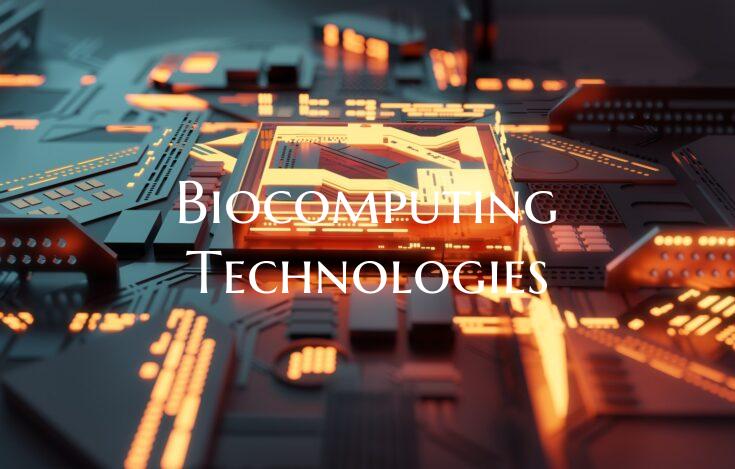Biocomputing Technologies
In recent years, the interdisciplinary field of biocomputing technologies has emerged as a groundbreaking area of research that harnesses the power of biological systems for computational applications. By integrating biological components with traditional computing systems, scientists and researchers have unlocked a new frontier of possibilities that hold immense promise for the future.
At the core of biocomputing technologies lies the principle of utilizing the inherent computational capabilities of living organisms, such as DNA, proteins, and cells, to perform complex computing tasks. These biological entities possess unique properties that allow for parallel processing, high-speed operations, and energy efficiency, offering significant advantages over traditional silicon-based computing methods.
One of the key areas driving advancements in biocomputing is DNA computing, which leverages the massive parallelism and extraordinary information storage capacity of DNA molecules to solve computational problems. Researchers are exploring novel ways to encode and manipulate information using DNA strands, paving the way for ultra-efficient and compact computing systems with tremendous data storage capabilities.
Another exciting avenue in biocomputing is the development of biomolecular computing systems, where biological molecules such as enzymes and RNA are engineered to perform specific computational functions. By engineering these molecular machines to execute logic operations and process information, scientists are creating bio-inspired computing systems that can potentially revolutionize fields like biomedicine, drug discovery, and environmental monitoring.
Furthermore, biocomputing technologies are also being applied in the realm of synthetic biology, where researchers design and construct biological circuits and systems for various applications. These engineered biological systems can sense environmental cues, process inputs, and generate specific outputs, opening up new possibilities for creating smart sensors, biohybrid devices, and programmable cells for therapeutic purposes.
As biocomputing technologies continue to advance, the interdisciplinary nature of this field brings together experts from biology, computer science, engineering, and other disciplines to collaborate and push the boundaries of innovation. By harnessing the power of living systems to perform computation, biocomputing technologies hold the potential to revolutionize industries, solve complex problems, and pave the way for a future where biology and computing converge in unprecedented ways.

